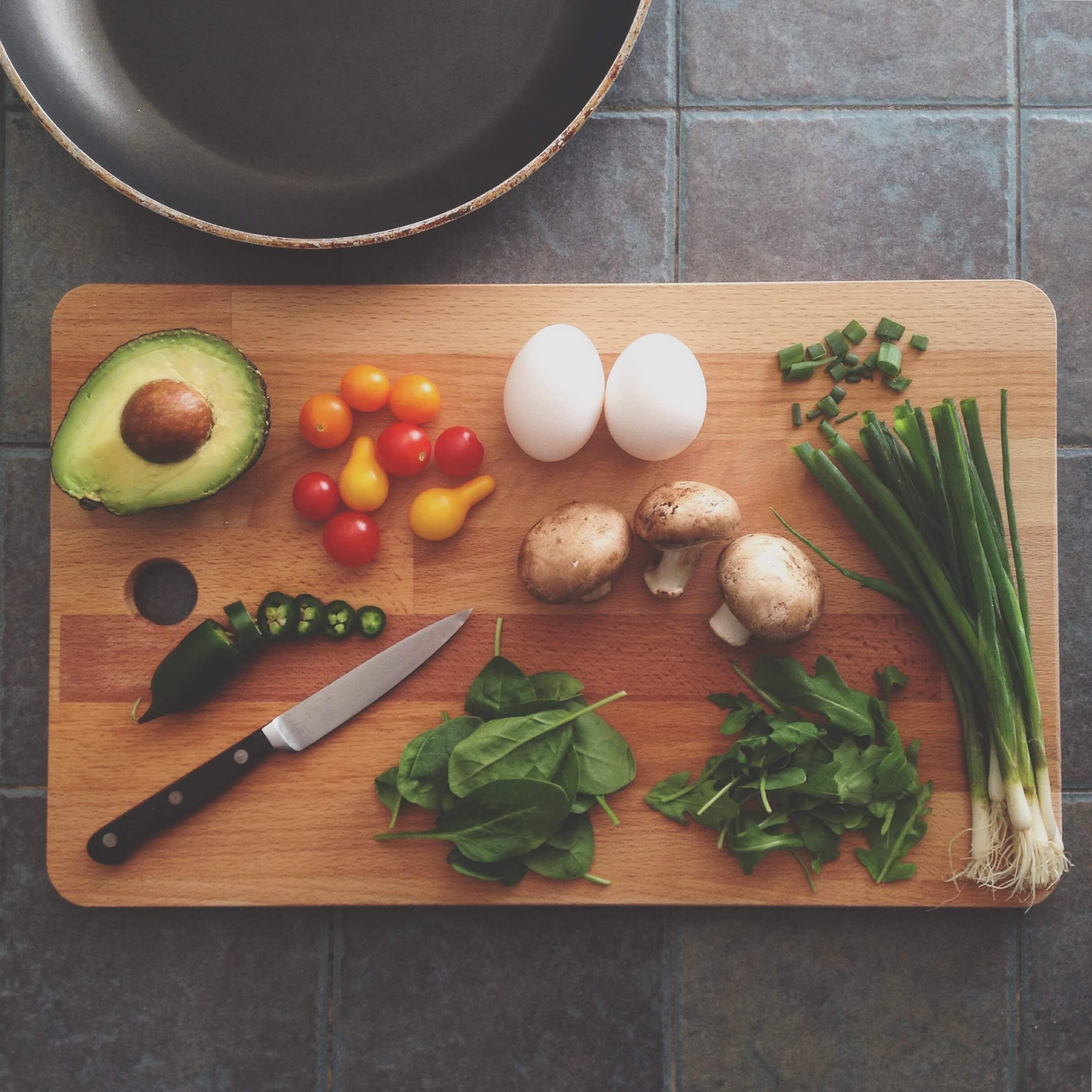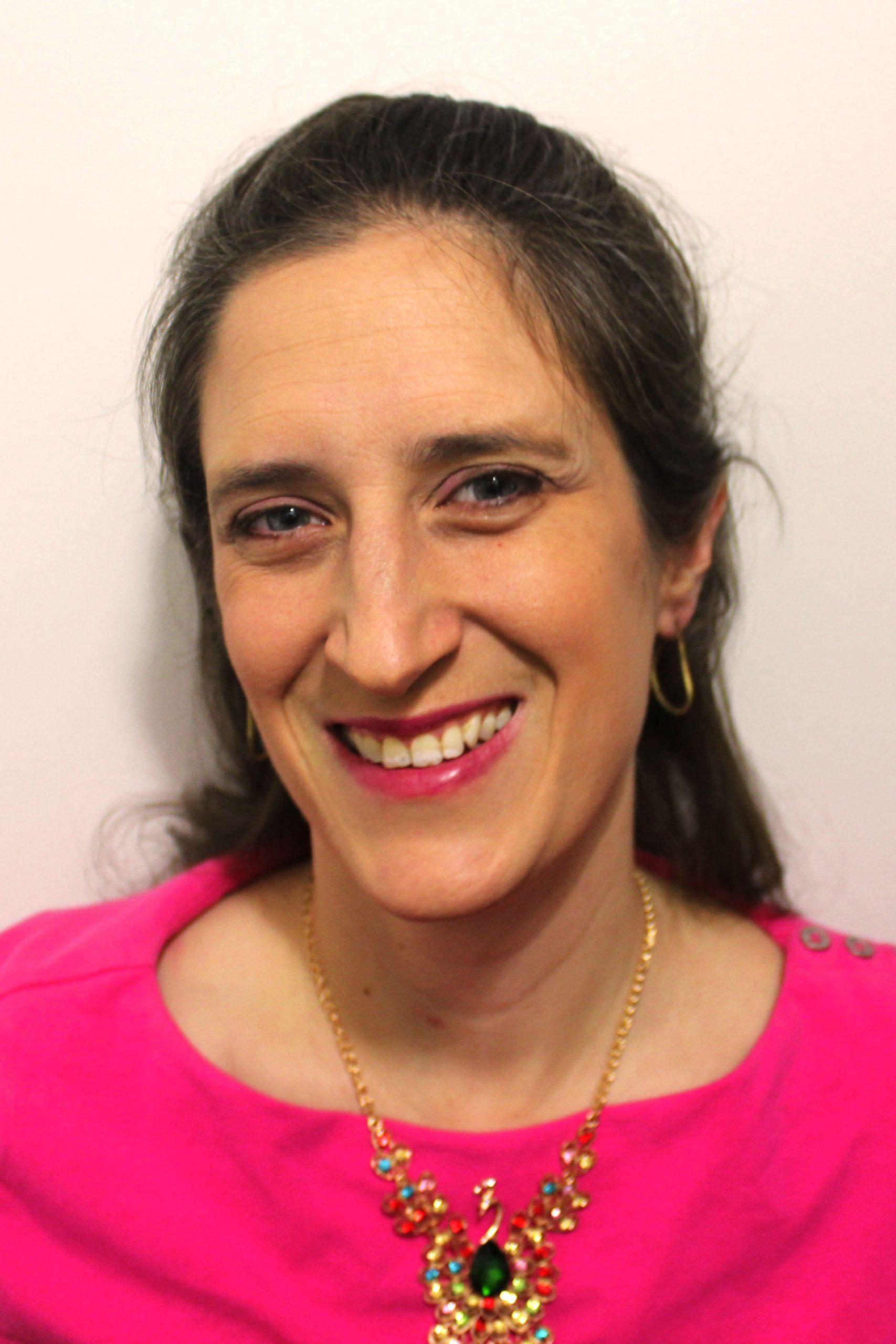Beat Chronic Fatigue With These Books
A lot of folks have something that’s been come to be known as lockdown fatigue. That feeling of “blah” with the low energy, low motivation, low everything, it seems, going on. We’re drained. We’re kind of cranky. We’re tired of feeling this way.
The routine changes the pandemic has caused, along with less fresh air, vast boredom, and the overall pandemic restrictions have produced this fatigue certainly, but for folks who work from home normally, and, well, most adults anyway, there’s been a feeling of tiredness, pandemic or no.
Recently, Vitabiotics did a study, finding that 25% of adults and 1/3 of women are feeling pretty low energy these days. Folks are turning to caffeine, power naps, and exercise for the much-needed energy boosts, but not entirely successfully.
What Two Experts Say
Two new books are out on the subject – I’m So Effing Tired by medical doctor and nutrition expert, Dr. Amy Shah and The Energy Paradox by cardiothoracic surgeon, Dr. Steven Gundry. In the books, the doctors explore this near-constant feeling of “all-the-time” tiredness.
Dr. Shah says there’s an energy trifecta impact of gut health, immunity, and the hormones in balance. The gist is that if you increase your fiber intake with prebiotic vegetables, do simple exercise to decrease anxiety, and use intermittent fasting, you’ll “feel like a whole new person” in just three months.
Dr. Gundry believes that chronic low energy is caused, generally, by chronic inflammation, dysfunctional energy production of the cells, and an unbalanced gut. His approach is simple dietary and lifestyle changes to fix the problems, especially regarding leaky gut syndrome.
Immediate Boosts From The Books

Photo by Katie Smith
While you’ll have to read the books to get the full views on how to beat this chronic fatigue, some tips from the doctors might help with some immediate energy boosting.
Shah’s advice includes:
- Eating at least six to eleven servings of fruits and veggies each day. Some specifics she recommends include bananas, strawberries, blueberries, raspberries, oranges, leafy greens, carrots, butternut squash, beetroot, broccoli, and mushrooms.
- Getting in complex carbohydrates is important as well, with foods that rank low on the glycemic index (think brown rice, steel cut oats, bran flakes, and leafy greens).
- Consuming high-quality protein light seeds, nuts, grass-fed beef, pasture-raised chicken, and eggs.
- Intaking healthy fats like fatty fish (salmon), high-quality olive oil, etc.
- Limit processed foods, soy, alcohol, and caffeine.
- Maintain a steady schedule – go to bed and rise at the same time each day, even weekends.
Gundry adds to the mix with these thoughts.
- Add in more tubers like yams, more leafy greens, and ground flaxseed or psyllium husks for gut health
- Drop wheat, oats, and corn from your diet all together for a healthier gut
- Slowly reduce your eating window daily until you’re able to eat everything within a six to eight hour window (this is one form of intermittent fasting), taking weekends off the restricted windows
- Add in small bursts of exercise throughout the day, like a 10-minute walk or doing deep knee bends while brushing your teeth
Take Action Now
You can use these simple thoughts from the authors to improve energy levels even a little bit now. If possible, try reading the books, comparing and combining the information that’s useful for you, as you are. Consult your own general physician before starting something like intermittent fasting or a more intensive fitness program.







